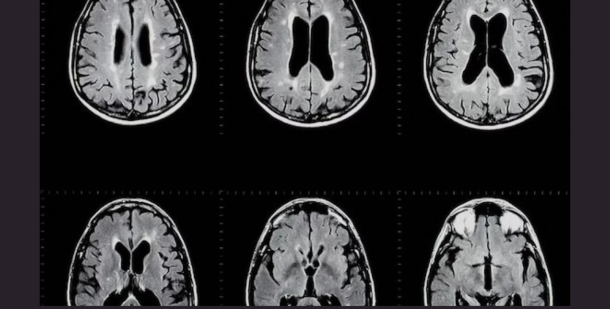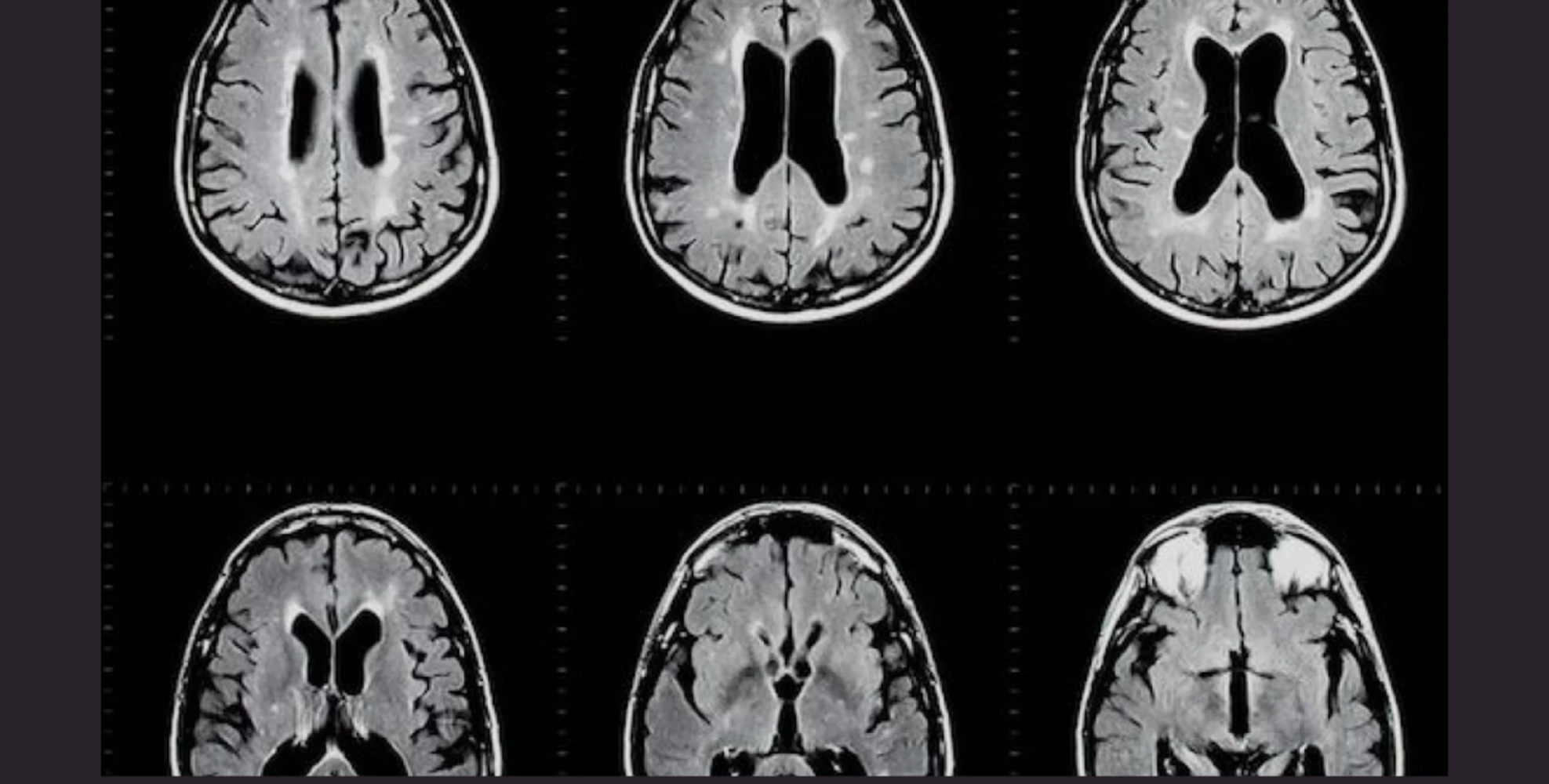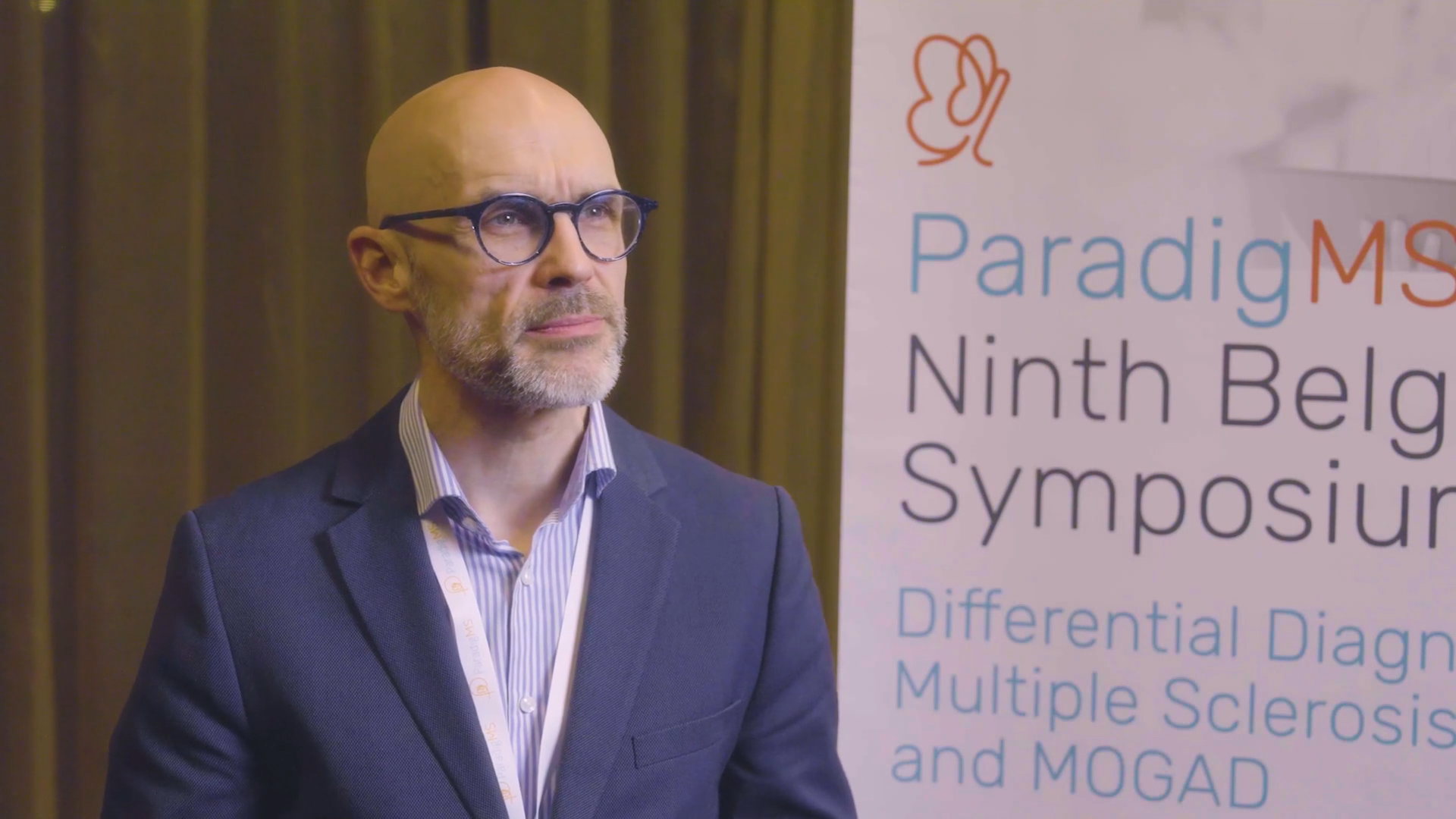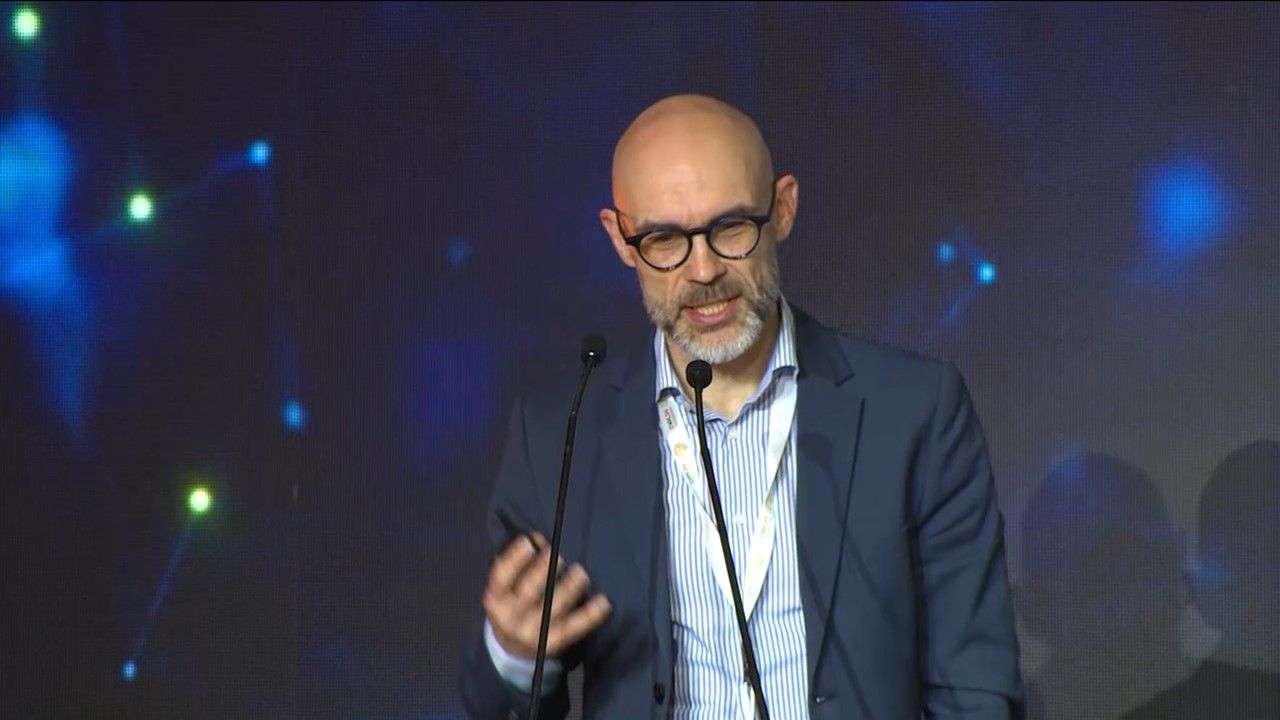Beyond EDSS: How to monitor disease progression in MS
In this presentation, Prof. Dr. Bart Van Wijmeersch addresses the limitations of the Expanded Disability Status Scale (EDSS) in fully capturing disease progression in multiple sclerosis (MS). He explores the concept of “smoldering MS,” a form of progression that occurs even without evident relapses.
The presentation highlights the importance of integrating clinical assessments, patient-reported outcomes (PROs), advanced imaging, biomarkers, and neurophysiology tools to detect early and subclinical signs of progression.
Prof. Van Wijmeersch advocates for a multimodal monitoring approach to enable neurologists to intervene earlier, improving long-term outcomes for MS patients.
Key takeaways
- Limitations of EDSS – The EDSS alone may not capture the full scope of MS progression, especially in cases where deterioration occurs independently of relapses (PIRA).
- Smoldering MS – MS can progress silently, with neurodegeneration happening beneath the surface, even when clinical symptoms seem stable. This requires a broader monitoring strategy.
- Multimodal Monitoring – Effective disease monitoring should go beyond neurological exams, integrating:
- Clinical assessments and patient-reported outcomes (PROs)
- Imaging techniques, such as MRI biomarkers and advanced neuroimaging
- Biomarkers in blood and cerebrospinal fluid (CSF), such as sNFL and GFAP
- Neurophysiological tools, including OCT and electrophysiology
- Early Detection – Early, subclinical detection of disease progression is crucial. Timely intervention based on biomarkers and imaging can slow down disease progression and improve patient outcomes.
- Practical Application – Neurologists should adopt a step-based approach for monitoring progression, using functional testing, imaging, and biomarker assessments to validate disease progression and adapt treatment plans as needed.
- Personalized Treatment – The combination of clinical data and new monitoring techniques allows for more personalized, data-driven treatment approaches that can be adjusted to each patient’s specific disease trajectory.
The presentation
You’ll need to subscribe to our platform or log-in to see the presentation.
The biography of the expert

Bart Van Wijmeersch
Associate Professor of Neurology at the University of Hasselt








